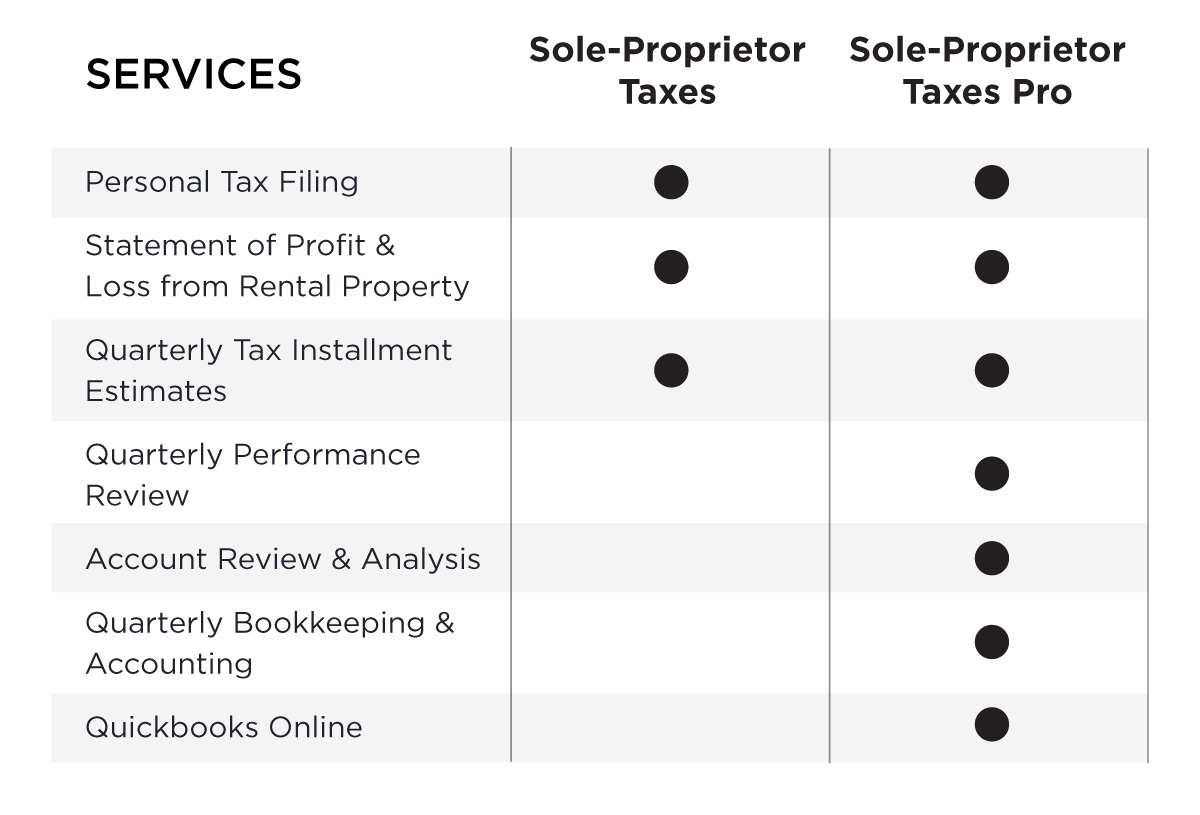What am I responsible for?
- Filing annual rental income profit and loss statements
- Remittance of estimated tax installments
- Keeping track of the Adjusted Cost Base “ACB” of your rental property
- Determining the land vs. building value of your rental property (if structural tax depreciation is claimed)
- Retention of receipts and documentation to support eligible tax deductions
Should I claim depreciation on my rental property?
This is an interesting topic and there is not a one size fits all approach. See my article on claiming depreciation on rental properties for further information and contact for a free consultation.
How will the gain on the sale of my rental property be taxed?
The gain (or loss) realized upon the sale of a rental property is usually treated on account of capital, meaning that only one-half of the gain (or loss) will be considered a taxable capital gain (or allowance capital loss). However, if CRA makes a determination that you are in the business of buying and selling or “flipping” properties, then the whole amount of the gain (loss) will by factored into your taxable income.
Should I incorporate my rental property holdings?
It depends based on your circumstance and holding strategy. Typically, investors who earn regular employment income and are primarily into long-term buy and hold strategies for them and their spouse do not usually benefit from establishing a corporation for the sole purpose of holding real estate. On the other hand, if an investor is looking for multiple individuals to share ownership or has an established corporation that earns business income, incorporating their real estate holdings may offer some advantages.
Additional Services
- Claiming tax depreciation consultations
- Incorporation consultations


